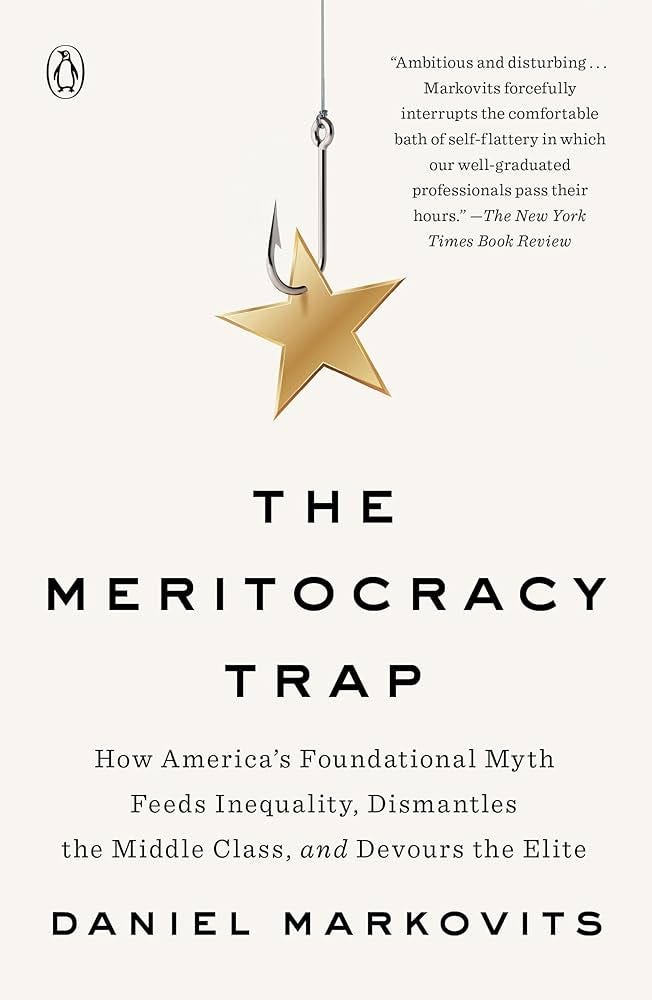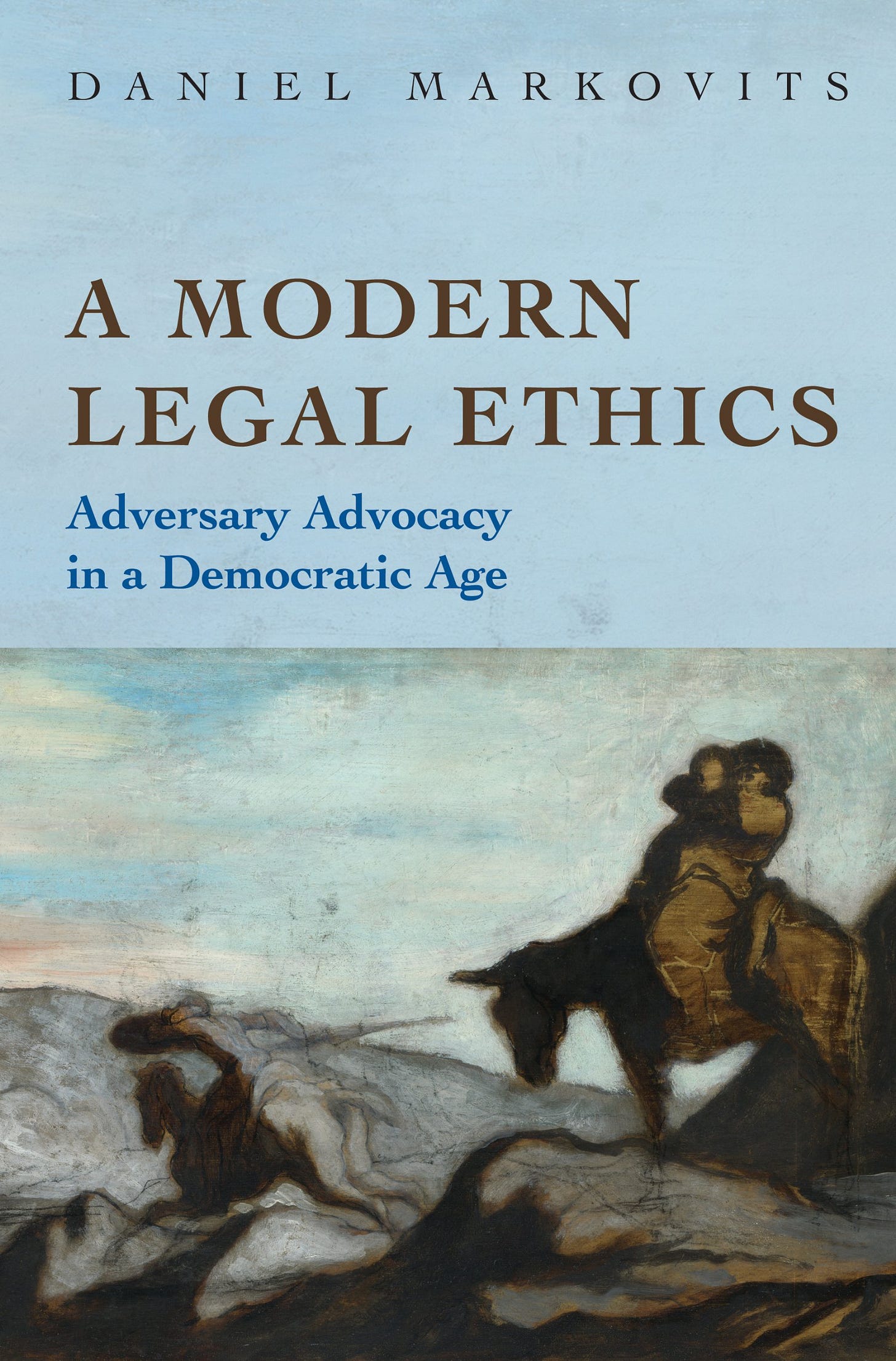At a time when productivity theater, task masking, and sham production have become commonplace, it is clear that we’re facing a profound crisis of work, indeed, of everything considered valuable in our society. Therefore, it isn’t surprising that the principle of performance itself has come under criticism. This crisis has drawn our attention to Daniel Markovits, whose work explores whether the widely revered meritocracy is actually a trap. Consider that the term meritocracy was coined just over sixty years ago, suggesting that this could mark the beginning of the gradual erosion of its meaning. Because the Ivy League university system, whose tuition fees increase each year—so much so that it's questionable whether many students could ever repay them with their ›hands,‹ or more accurately, with their minds—favors only those who have access to the necessary financial resources, while excluding those born into less comfortable circumstances. As a result, it is becoming increasingly clear that we’re currently dealing with an incestuous ruling class in which our elite universities exhibit the characteristics of a closed society primarily focused on self-reproduction. Nevertheless, it seems that this pale cast of thought is affecting the students and graduates of these elite institutions. Why else would it be seen as good form to portray oneself as demonstratively overworked compared to those in lower castes? This brings us back to where we began: the question of whether all this might be a significant productivity charade against our discontent with Modernity.
Daniel Markovits (born August 4, 1969) is the Guido Calabresi Professor of Law at Yale Law School and the founding director of the Yale Center for the Study of Private Law. His book The Meritocracy Trap was named one of the best books of 2019 by The Times.
Related Content
Talking to ... Cam Caldwell
It may be that the world around us is transforming into a vast puzzle, even a Mystery Play. This situation also extends to our professional environment, prompting organizational sociologists to observe a particularly unsettling phenomenon: the silent exodus of the workforce, characterized by a state of inner resignation where employees merely do the min…
When an Hour is no longer an Hour
Not too long ago, a report rippled through the press—which, nowadays, in the absence of the requisite paper, has long since dissolved into electronic rustlings, or pixelated, if you will—focusing on Generation Z’s strange work behavior – the age cohort that can no longer imagine a world without the Internet. So what was the …
Talking to ... Catherine Liu
Imagining the Boomer world straying into suffocating moralism during the Pop Revolution would have seemed like a grotesque, if not outright ridiculous, mind game. Actually, it is a first-order puzzlement how such a terror of virtue could take hold of our political discourse and institutions. It is precisely this question that cultural theor…
Im Gespräch mit ... Konrad Paul Liessmann
Sich mit Konrad Paul Liessmann über Bildung zu unterhalten, heißt, dass man sich über die Theorie des Rennrads Gedanken machen muss – und darüber, ob die Philosophie als eine Form des geistigen Bodybuildings zu betrachten ist. Tatsächlich gibt es im deutschsprachigen Raum wohl keinen anderen Philosophen, der si…


















